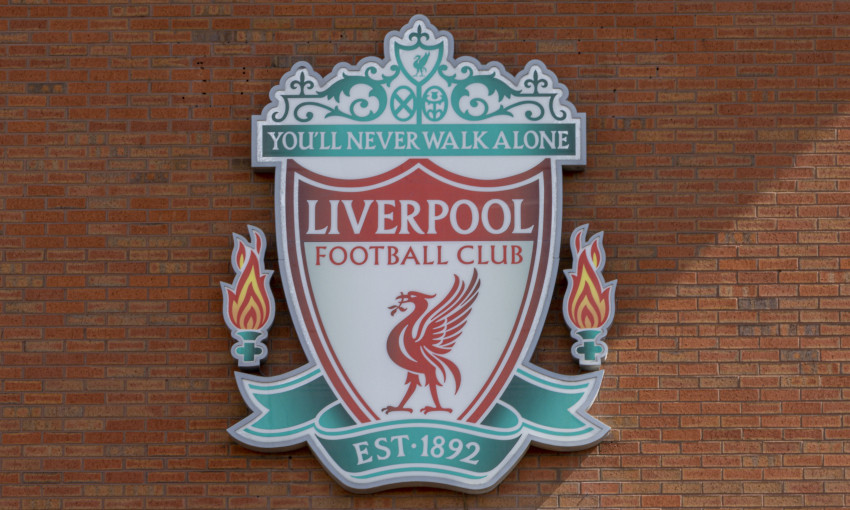While Liverpool’s early transfer business has been positive, Manchester City fans may well be looking on feeling somewhat smug.

The Reds have been left with no choice but to make multiple signings this summer, leaving them unable to go after any truly big-money acquisitions. That approach has already cost them a shot at Jude Bellingham, while Joško Gvardiol looks set to trade his Liverpool ‘dream’ for a move to the Etihad (as per The Times).
Not only that, but City fans are much more eager to bring up net transfer spend when it comes to debates about competitive imbalance compared to Liverpool and other rivals. That has certainly not always been the case, with the Abu Dhabi owners spending hugely to establish itself in the first place — a period which is now the subject of numerous Premier League allegations — but the modern version of the club appears in many respects self-sustaining.
READ MORE: Liverpool transfer risk could make sense for Virgil van Dijk heir already in Steven Gerrard mold
There are a number of reasons for that. For one, consistently spending big money on a raft of squad players inevitably means that there is something of a revolving door of very sellable assets. Manchester City was able to spin a quick profit on Ferran Torres and Danilo, for instance.
It also banked a significant sum last summer for Raheem Sterling. Signed from Liverpool way back in 2015, that initial transfer fee has long since been forgotten by many ‘net spend’ calculations, but in fact Manchester City sold him for almost exactly the same sum it cost to buy him in the first place.
But one of the more overlooked ways that Manchester City is now able to reliably make money is its academy. In one sense, this is just an added bonus of being at the very top of the game — youth players see their values inflated purely by being associated with the club, especially if they see a handful of first-team minutes.
It must also be said that Manchester City has invested heavily and effectively in the academy setup, and has produced a number of very talented players. The likes of Phil Foden and perhaps Rico Lewis may well save huge amounts in future transfer fees.
Meanwhile, Gavin Bazunu and Roméo Lavia have already banked money for the club, having been sold to Southampton last summer for a combined $32m (£26m/€30m).
With all due respect to Bazunu, the deal to cash in on the goalkeeper looks nothing short of inspired. No goalkeeper in the league underperformed by a wider margin as the Saints went down despite expected goals dictating they should have narrowly survived.
However, there may already be some seller’s regret when it comes to Lavia. A year on, Chelsea, Arsenal and Liverpool are all credited with an interest in signing the midfielder (as per TalkSport), with a price of at least $64m (£50m/€59m) quoted.

Manchester City was not blind to his potential, but felt Rodri blocked any immediate path to minutes. There must have been high-fives all round when the eventual transfer plan was cooked up — pure profit to bank on the books, but a buy-back clause set at a relatively reasonable $50m (£40m/€47m) in the event Lavia fulfilled his considerable promise.
A year later, there were some suggestions that Liverpool could seek to do something similar with Fábio Carvalho. Unlike Lavia, he is not an academy prospect, having been signed from Fulham last summer. But the Reds paid a relatively trifling fee, and would have banked a reasonable profit from any sale — with a buy-back acting as a potential insurance policy. Instead, though, Jürgen Klopp has stuck to his guns, with Carvalho instead heading out on loan to RB Leipzig.
The current situation regarding Lavia may well have served as a stark warning. Football Insider claimed last month Pep Guardiola’s side could even join the bidding, outbidding its own dormant buy-back clause and paying around $39m (£31m/€36m) more than what he was sold for last year.
What looked at face value like a no-lose transfer plan has gone horribly wrong. Manchester City must either sign Lavia back on the open market, taking a major hit in the process, or else watch a rival snap up one of its brightest alumni. Moreover, even if the clause was active, that could not prevent other clubs matching the bid, and the player opting to move elsewhere.

